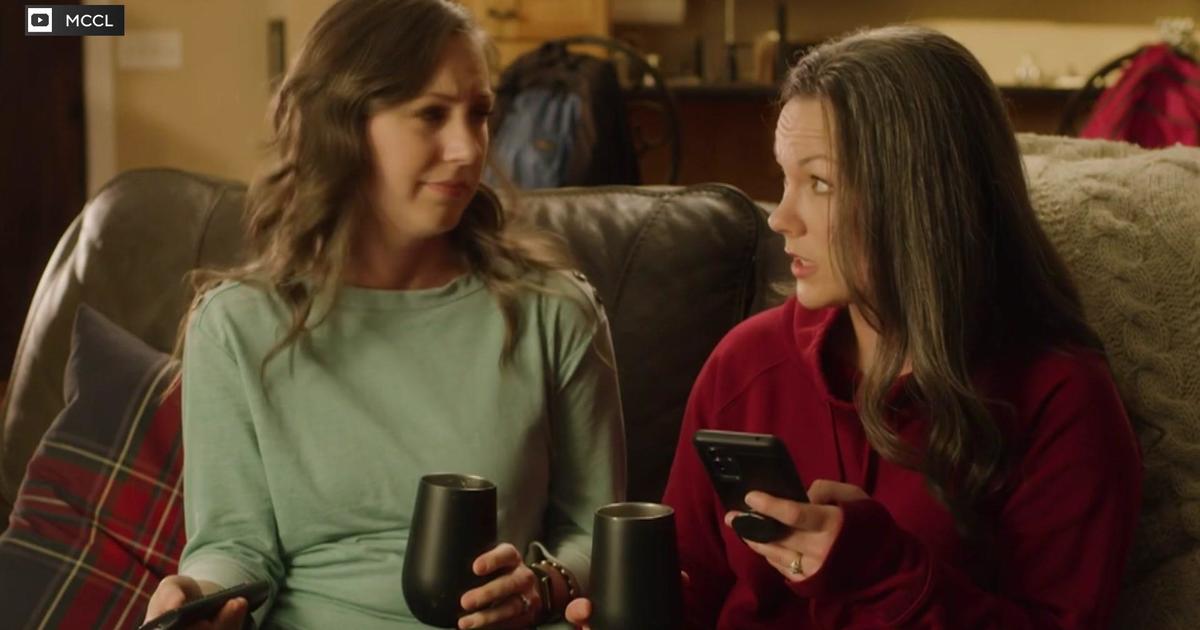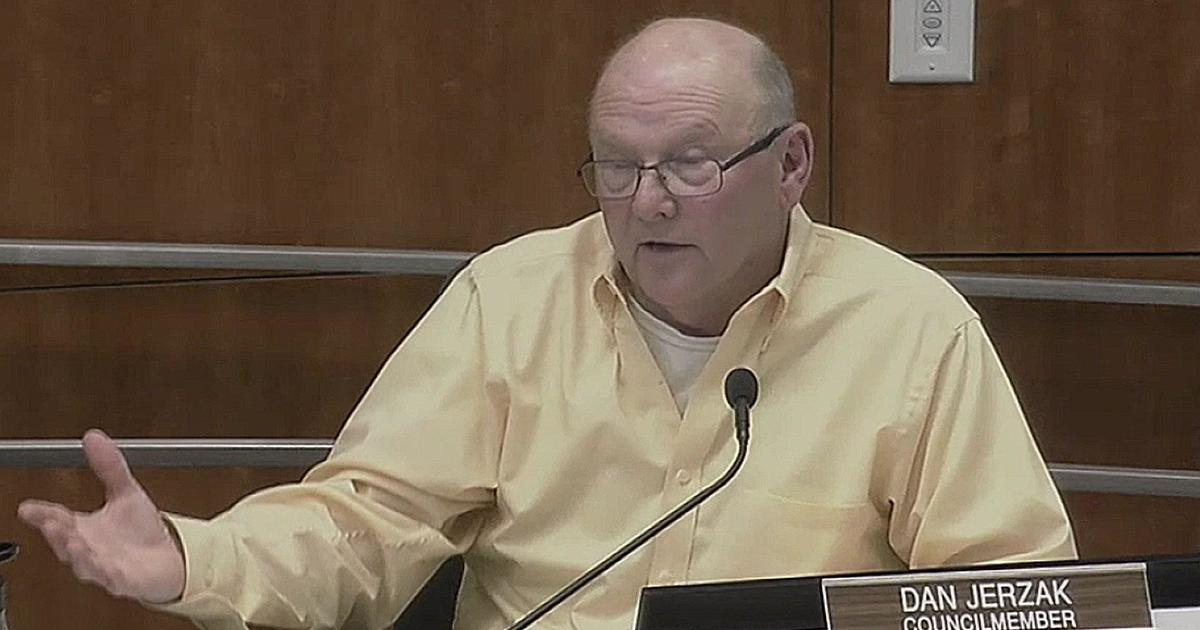Good Question: How Does An Insanity Defense Work?
MINNEAPOLIS (WCCO) -- The father who killed his three daughters in Wisconsin says he was insane when he did it. Aaron Schaffhausen has pleaded guilty, but hopes his insanity defense will mean the rest of his life will be spent in a mental institution, instead of a prison.
That news has meant left many WCCO viewers with the question: How does the insanity defense work?
The argument didn't work for serial killers John Wayne Gacy or Jeffrey Dahmer, but a jury found Lorena Bobbitt not guilty because they believed she was temporarily insane.
Studies show the insanity defense is used in less than one percent of cases and only about a quarter of those cases are successful.
Defense attorney Marsh Halberg says, "In layman's terms, we call it the insanity defense, but it's being found not guilty by reason of insanity."
Halberg won an insanity case in 2010 after his client, Stephen Miles, cut off his stepmother's head and put in a dishwasher in Burnsville. Halberg had to prove to a judge that, first, at the time of the murder, Miles suffered from mental disease. And, second, because of that mental illness, he didn't know what he did was wrong.
It's called the M'Naghten test, and it's also known as the right-wrong rule. In 1843, Daniel M'Naghten was acquitted on murder charges after he killed a man he believed was the English Prime Minister.
It's the standard used in most states… but not Wisconsin.
Courts in Wisconsin use the Model Penal Code rule, where the burden of proof is on the defendant. Under that rule, the accused has to prove a mental illness at the time of the crime. After that, he has to appreciate the crime was wrong or prove he couldn't control his impulses. In Wisconsin, only 10 of 12 jurors have to agree.
"It's an easier standard to meet in Wisconsin. Still, I think very difficult," Halberg said.
Either a judge or a jury can decide if the accused was insane at the time of the crime. Halberg says he chose a judge for his 2010 trial.
"I wanted to sidestep the issues of anger or sympathy," he said.
In the case of Aaron Schaffhausen, a jury will decide whether it believes he was insane.
Halberg says these cases almost always boil down to expert psychologists.
Critics have said it's not a jury, but rather experts that should be making those decisions; but Halberg says, "That's how the system works."



